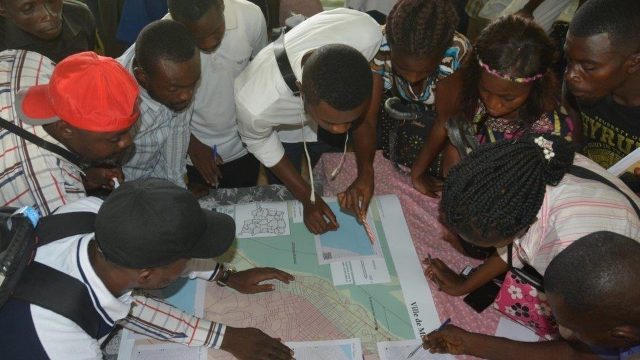![Collaborating on Research by National Eye Institute [Flickr image]](https://realkm.com/wp-content/uploads/2018/07/9955278615_c5356cdffd_z.jpg)
The exclusivity of university collaboration
Originally posted on The Horizons Tracker.
The potential of collaboration with universities is something that I’ve touched upon extensively in the past, but somewhat less so collaboration between universities. That was the topic of a recent paper1, which was predictably produced by a consortium of researchers from the University of Amsterdam (UvA) and Warsaw University, led by Peter Sloot, Director of the UvA Institute for Advanced Study (IAS).
Logic would dictate that universities would largely collaborate with those of a similar stature, but that isn’t what the research found. Instead, it emerged that universities would typically collaborate more with those in close geographical vicinity.
The rankings in numerous university league tables are normally determined based upon a range of factors, one of which is the publication record of the institution. This is usually the case across all disciplines, but the research found that in scientific disciplines it isn’t so straightforward.
Data was pulled from the QS university league table to cross-examine the scientific productivity from each of the top-100 universities. The team expected to find a strict negative correlation, such that the number of publications impacted the ranking achieved, but in many scientific disciplines, this didn’t happen.
The team also found that geography played a huge role in who the researchers collaborated with. The proximity of the collaborators was a big factor in the likelihood of the collaboration taking place.
Collaborative research
It’s an interesting addition to previous work in this field. For instance, a few years ago, a paper2 examined who researchers tended to collaborate with. It highlighted just how international many of these collaborations are. The study found that the scientific impact of a paper rose when the authors were from a number of different nations.
“Some of the countries that we don’t necessarily think of as leaders of science are now rising quite rapidly both in how many papers they’re putting out and how well those papers are doing once they’re published,” the researchers said. “Whereas some more established countries, such as the United States, are decreasing in both the proportion of papers published and how well their papers are performing.”
The researchers regard this level of international collaboration as the fourth age of research, with more traditional and insular behaviours disrupted as science becomes globalized. The study itself built upon previous efforts that highlighted that papers with authors from different countries tended to receive higher numbers of citations than their peers.
They built upon this to look at the journal placement itself, with the prestige of the journal used as an additional marker of quality for each paper.
“I think this is a more democratic measure of ranking countries,” the researchers explain. “This tells you a little bit more of the story because it uses two steps, and one of them is really to do not with the country itself, but with the way science works. Looking at how you are doing once you published is a better measure of the relative quality of the paper itself.”
The study saw around 1.25 million articles examined over a 16 year period, with the articles focused around eight specific subject areas. Interestingly, it emerged that international research teams trumped their more home grown rivals in terms of both citation numbers and journal prestige.
Article source: The Exclusivity of University Collaboration.
Header image source: Adapted from Collaborating on Research by National Eye Institute which is licensed by CC BY 2.0.
References:
- Sienkiewicz, J., Soja, K., Hołyst, J. A., & Sloot, P. M. (2018). Categorical and Geographical Separation in Science. Scientific reports, 8(1), 8253. ↩
- Smith, M. J., Weinberger, C., Bruna, E. M., & Allesina, S. (2014). The scientific impact of nations: Journal placement and citation performance. PloS one, 9(10), e109195. ↩






